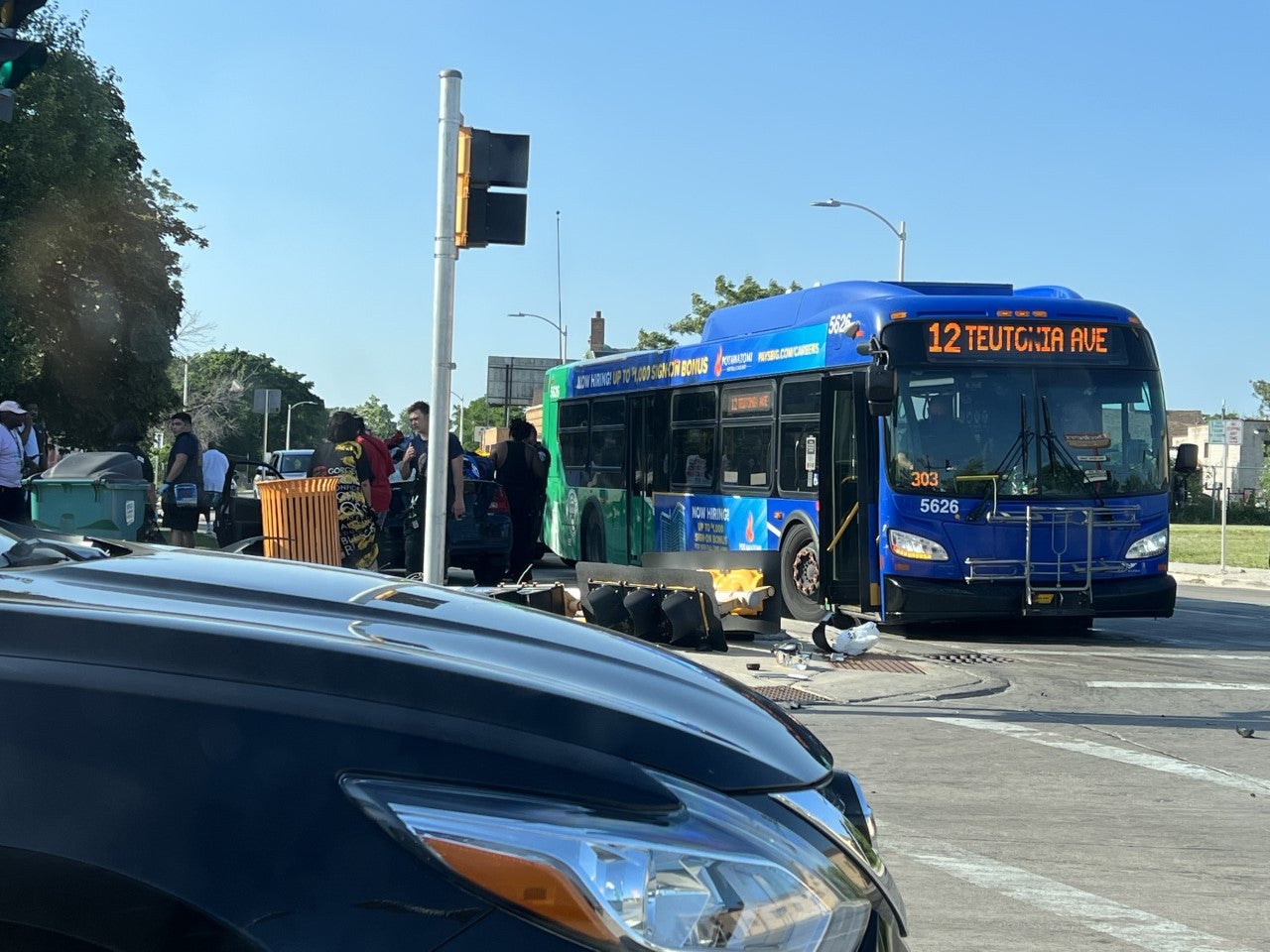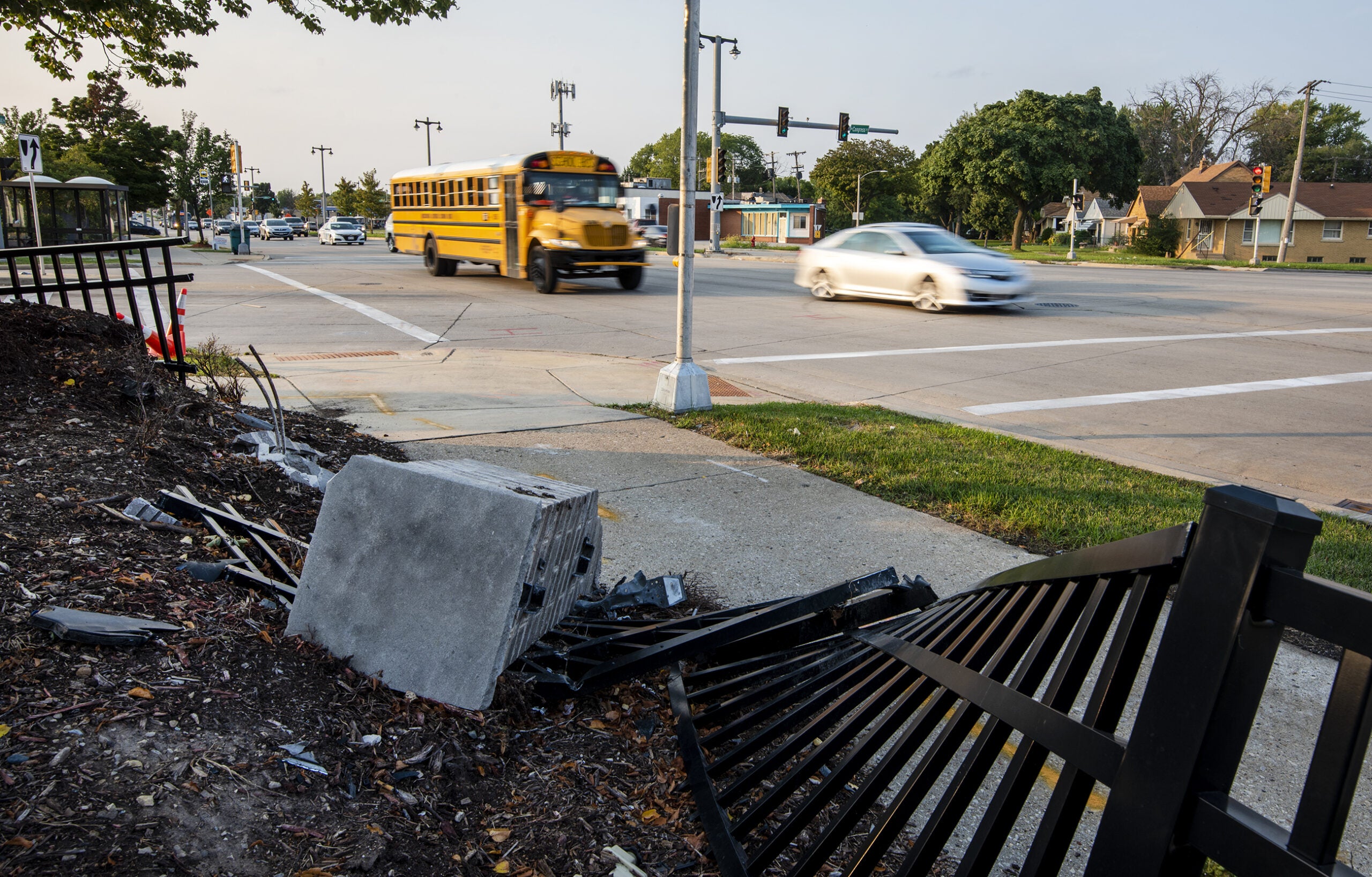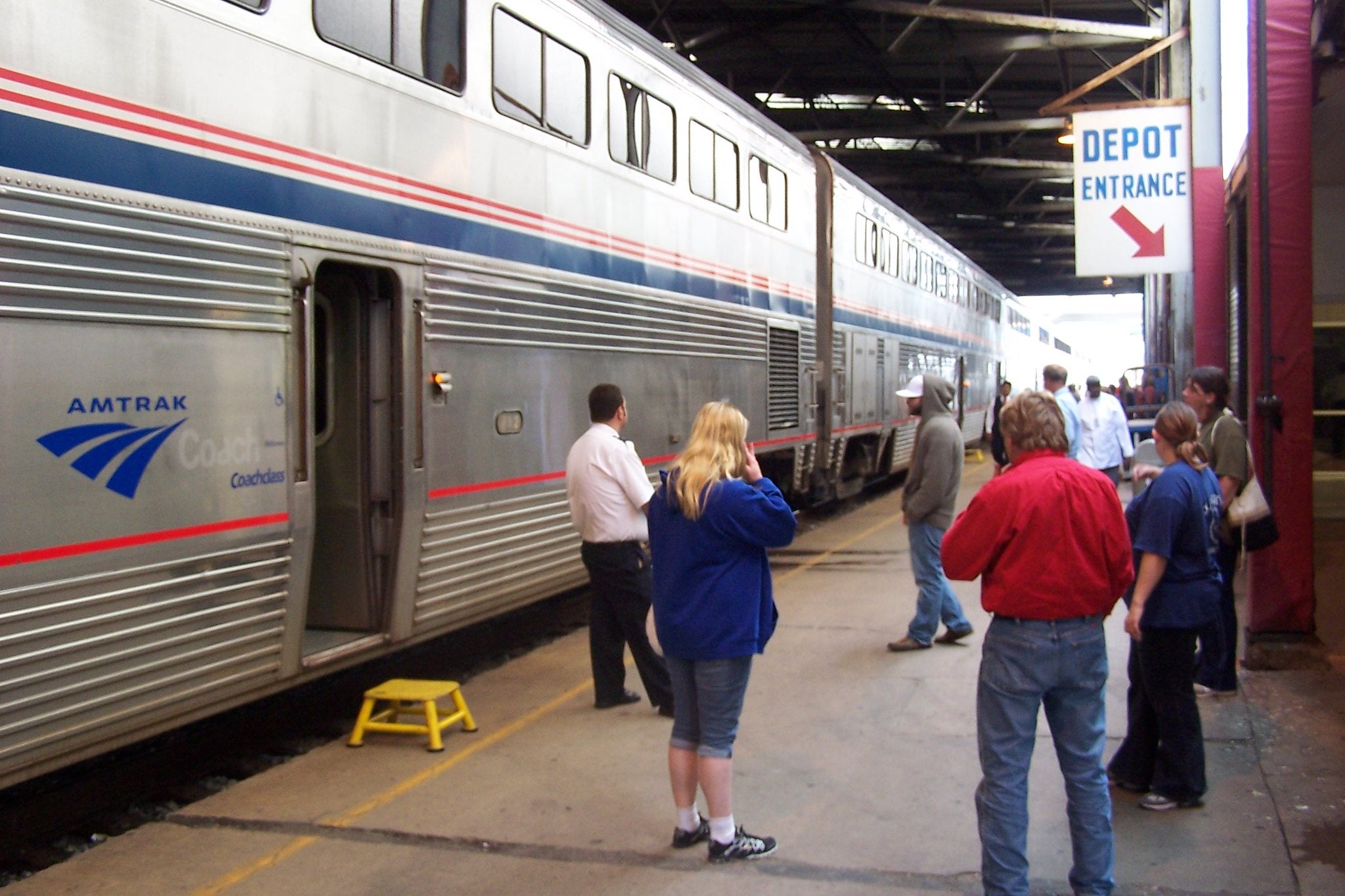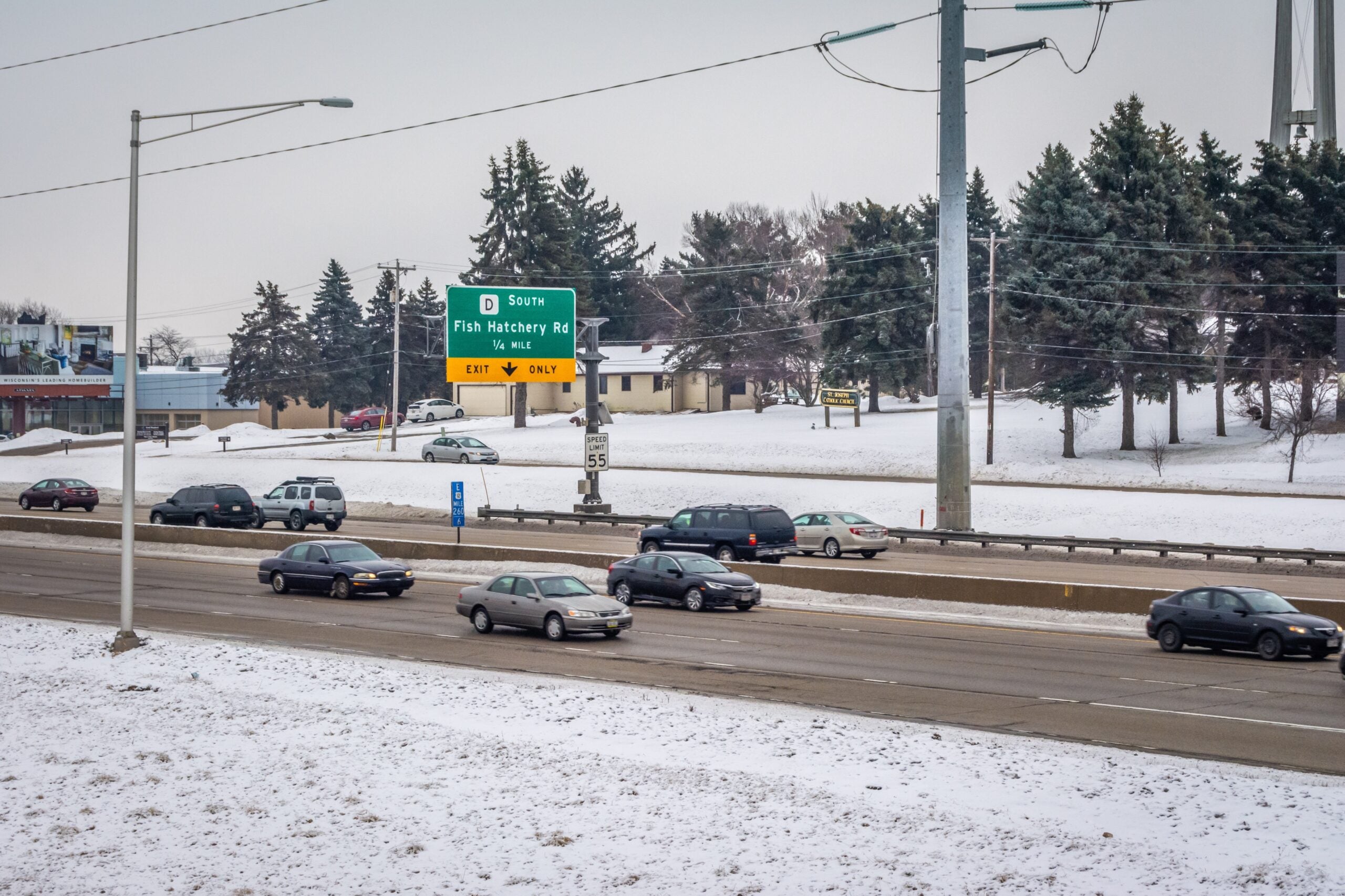Future of La Crosse Area Transportation Planning; New State Senate Minority Leader Jennifer Shilling
Featured in this Show
-
Future of La Crosse Area Transportation Planning
People with an interest in finding a solution to traffic congestion and safety in the La Crosse area have circled December 1 on their calendar. That’s when the state of Wisconsin’s Transportation Projects Commission (TPC) will meet and could decide whether or not to allow the La Crosse area to go ahead with a $2 million dollar study that would look at future transportation needs for the area.
The TPC set aside millions of dollars in 1997 to help the La Crosse area build a new highway corridor through the city of La Crosse that was proposed to ease traffic congestion between south La Crosse and the I-90 area in Onalaska. After the Department of Transportation did an environmental impact statement, the preferred route, at the time called the North-South Corridor, would have built a new roadway through the La Crosse River Marsh. Voters in the city of La Crosse rejected the proposal in a 1998 referendum after opposition to the negative impact the project would have had on the marsh and neighborhoods.
Those working on the issue today say they don’t want to lose the almost $140 million in the state’s long-range transportation budget, but they need to reach a consensus that meets the needs and concerns of a wide-range of stakeholders.
Tom Faella is executive director of the La Crosse Area Planning Committee, (LAPC) a group that works on regional transportation issues. He believes a new study will reach a new conclusion.
“There are going to be some people out there that aren’t going to like anything,” Faella said. “We need to have as our goal, a solution which is acceptable to the city of La Crosse, the LAPC and the DOT, and I think we can do that.”
Faella says he’s confident there are ideas that will be considered as part of a new study that won’t involve a road through the marsh.
“That solution could be a combination of some new roadway, and some enhancements to existing roadways,” (adding lanes to existing roads) he said. “As well as looking at the contribution from transit and bike/pedestrian accommodations.”
The city of La Crosse is planning to get opinions from different neighborhood groups, marsh supporters, businesses and others to contribute to the study. La Crosse Mayor Tim Kabat says he would like to find a way to enhance existing roads without having to build a new corridor to meet future traffic needs.
“We’ve got to come up with a transportation system for the next 10, 20 or 50 years because that’s how you really should be building these things,” Kabat said. “How do we set out city and region up for success? We also have to realize that geography, bluffs and rivers and neighborhoods are all critical pieces of that.” (transportation system)
Wisconsin Department of Transportation southwest district director Joe Olson says the DOT’s long range transportation plans show the three main highway corridors through La Crosse will be deficient by the year 2035, and something will need to be done eventually to improve traffic congestion and safety.
“Things have changed since 1998,” Olson said. “Our peak hours (of traffic congestion) have expanded. It’s not just a peak one hour. It’s a peak between five to eight hours some days. In 1999, Onalaska was the fastest growing city in the state and Holmen was the fastest growing village in the state. Traffic patterns have clearly changed. A lot of things have happened. Development has occurred.”
Olson adds there’s a lot of new information that would be available since the last study, and while he won’t rule out the old North-South Corridor being reconsidered as part of a new study, it’s very possible it would be eliminated from consideration.
He says ultimately the DOT won’t be able to spend any money on a possible traffic solution unless purpose and need are met.
-
New State Senate Minority Leader Jennifer Shilling
She knows it will be a lot of work, but state Sen. Jennifer Shilling of La Crosse says she does want to find common ground with Republicans who control the majority of the state Senate. (19-14)
Shilling was elected unanimously last week by fellow Democratic Senators to replace outgoing Minority Leader Chris Taylor who chose not to run for reelection to the position. His decision came after Senate Democrats failed to gain seats in the November 4 election. The state Assembly and governor’s office are also controlled by Republicans.
In Wisconsin, the Senate minority leader is responsible for not only election strategy, but for the strategy Democrats will employ during the debate of issues when the Senate is in session. Shilling says there are definite ideas that Republicans will likely approve that will never get the support of Democrats in the minority, like the likely expansion of private school vouchers, or drug testing for welfare recipients. But she feels there are plenty of issues that Democrats and Republicans can work together on like transportation funding, more support for rural public schools and improving the state’s broadband which will help the economy.
“We (minority members) recognize that it’s not going to be easy, and we won’t always agree on things,” she said. “But I really do want to have a civil dialog and improve the tone with some of the strained relationships that are in that building.” (State Capitol)
Shilling says she’s excited to lead a caucus that includes seven women and is representative of the state of Wisconsin. She says minority members recognize they have a right to disagree with the Republican majority and present different views, but that they are outnumbered if Republicans don’t want to work with them.
“I’m about building relationships,” she said. “I’m not one of those screamers and bombastic leaders that throw a grenade in the room and walk out. I’m going to say ‘what are we going to do to fix it.’”
Shilling says it’s premature to look ahead to the next election cycle and the changes Democrats need to make to regain the majority.
Shilling was elected to the state Senate in 2011, defeating Dan Kapanke in a recall election. She was in the state Assembly before that, having first been elected in the fall of 1999.
Episode Credits
- Maureen McCollum Host
- John Davis Producer
- Tom Faella Guest
- Joe Olson Guest
- Jennifer Shilling Guest
Wisconsin Public Radio, © Copyright 2024, Board of Regents of the University of Wisconsin System and Wisconsin Educational Communications Board.




